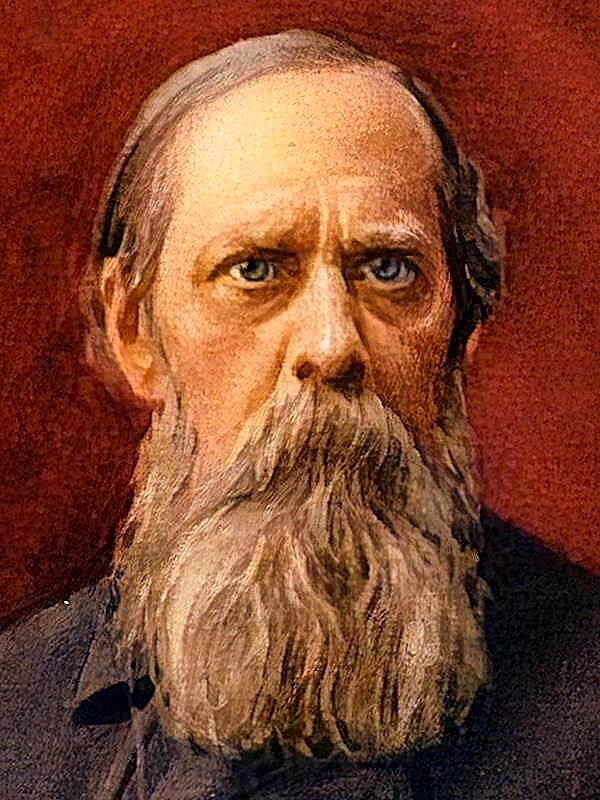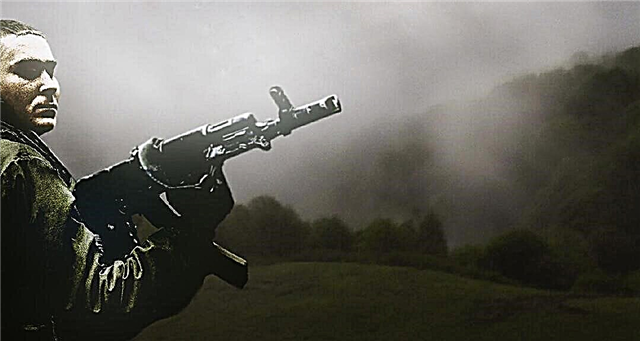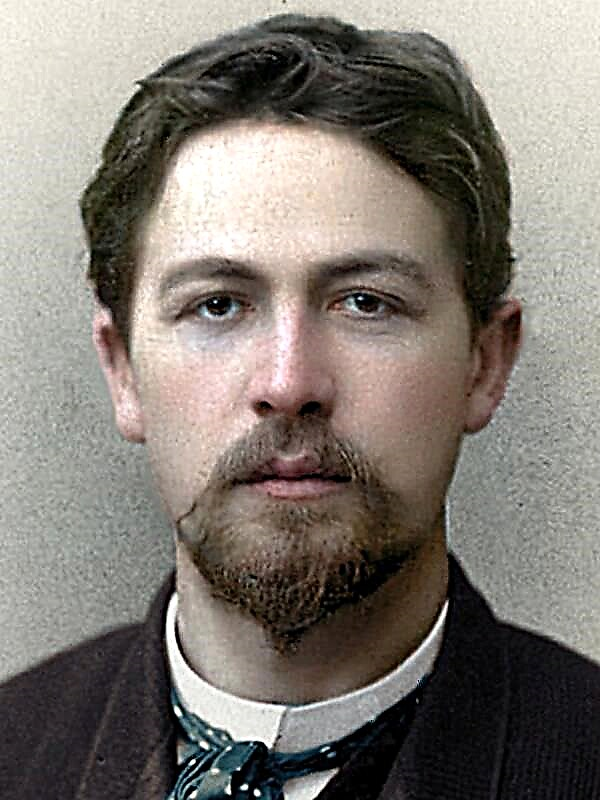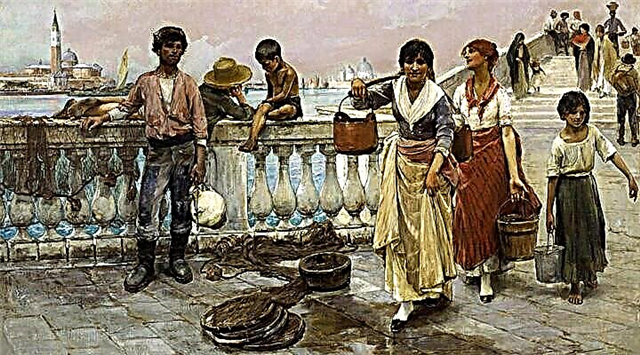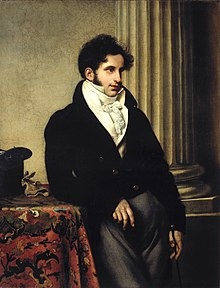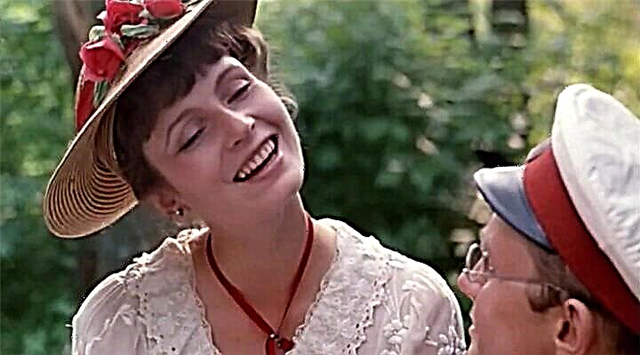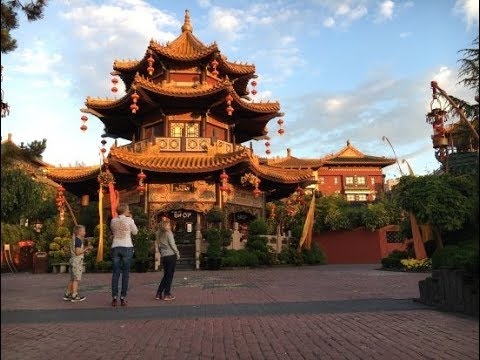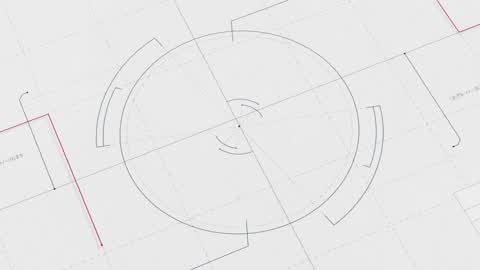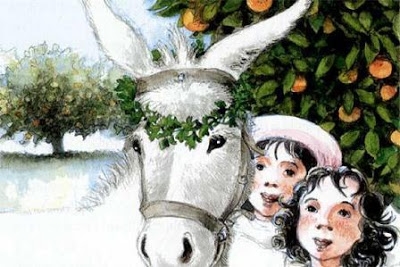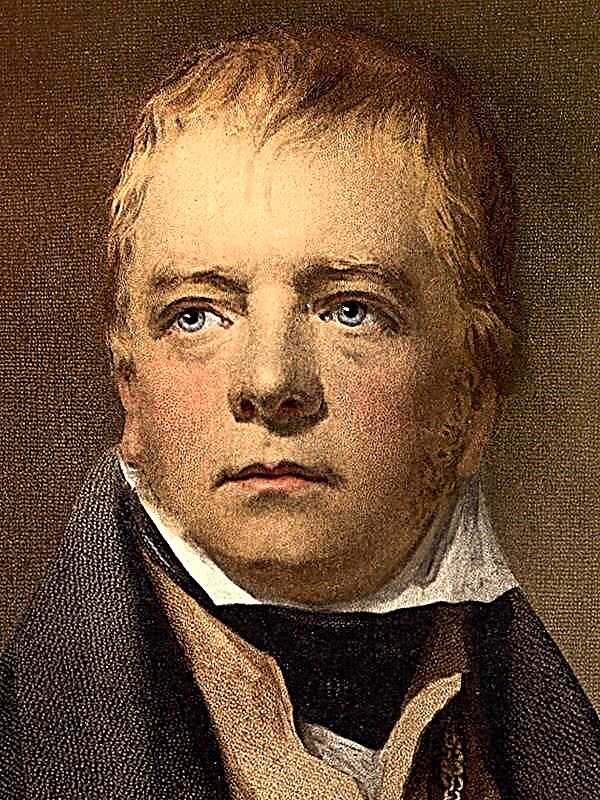The peasant and front-line soldier Ivan Denisovich Shukhov turned out to be a "state criminal", a "spy" and ended up in one of the Stalinist camps, like millions of Soviet people who were convicted without guilt during the "personality cult" and mass repressions. He left home on June 23, 1941, on the second day after the outbreak of war with Nazi Germany, “... in February of the forty-second year, their entire army was surrounded on the North-West [front], and they didn’t throw anything away from planes, and there weren’t any aircraft. We got to the point that they planed hooves from horses that were sick, soaked that cornea in the water and ate, ”that is, the command of the Red Army threw its soldiers to die surrounded. Together with a group of fighters, Shukhov was in German captivity, fled from the Germans and miraculously reached his own. A careless account of how he was held captive led him to the Soviet concentration camp, since the state security agencies indiscriminately considered all spies and saboteurs.
The second part of Shukhov’s memories and thoughts during his long camp work and short rest in the hut refers to his life in the village. From the fact that his family did not send him food (he himself refused the parcel in a letter to his wife), we understand that in the village they are starving no less than in the camp.His wife writes to Shukhov that collective farmers earn their living by painting false carpets and selling them to the townspeople.
If we leave aside retrospectives and random information about life outside the barbed wire, the whole story takes exactly one day. In this short time period, a panorama of camp life unfolds before us, a kind of “encyclopedia” of life in the camp.
Firstly, a whole gallery of social types and at the same time vivid human characters: Caesar is a metropolitan intellectual, a former filmmaker, who, however, leads a “noble” life in the camp compared to Shukhov: he receives food parcels and enjoys some benefits during work ; Kavtorang - repressed naval officer; the old convict, who was still in tsarist prisons and penal servitude (the old revolutionary guard, which did not find a common language with the policy of Bolshevism in the 30s); Estonians and Latvians - the so-called "bourgeois nationalists"; Baptist Alyosha - the spokesman for the thoughts and lifestyle of a very diverse religious Russia; Gopchik is a sixteen-year-old teenager whose fate shows that repressions did not distinguish between children and adults. And Shukhov himself is a characteristic representative of the Russian peasantry with its special business acumen and organic mindset. Against the background of these people who suffered from the repressions, a figure of a different series emerges - the head of the Volkov regime, which regulates the life of prisoners and, as it were, symbolizes the merciless communist regime.
Secondly, a detailed picture of the camp life and labor.Life in the camp remains life with its visible and invisible passions and subtlest experiences. They are mainly related to the problem of obtaining food. They feed little and badly with a terrible gangster with frozen cabbage and small fish. A kind of art of living in the camp is to get yourself an extra ration of bread and an extra bowl of baland, and if you're lucky, get some tobacco. For the sake of this, you have to go to the greatest tricks, curry favor with "authorities" like Caesar and others. At the same time, it is important to maintain one’s human dignity and not to become a “begging” beggar, such as, for example, Fetyukov (however, there are few such people in the camp). This is important not even from high considerations, but out of necessity: a “descended” person loses the will to live and necessarily perishes. Thus, the question of maintaining the image of a human being becomes a matter of survival. The second vital issue is the attitude to bonded labor. Prisoners, especially in winter, work on a hunt, almost competing with each other and the brigade with the team, in order not to freeze and kind of “shorten” the time from overnight to overnight, from feeding to feeding. On this stimulus, a terrible collective labor system is built. But nevertheless, it does not completely exterminate in people the natural joy of physical labor: the scene of building a house by the brigade where Shukhov works is one of the most inspired in the story. The ability to "work" "correctly" (without overworking, but also not swinging), as well as the ability to get extra rations for oneself, is also a high art.As well as the ability to hide the turned up piece of saw from the eyes of the guards, from which the camp craftsmen make miniature knives for exchanging food, tobacco, warm clothes ... In relation to the guards who constantly carry out “shmones”, Shukhov and other prisoners are in the position of wild animals : they should be more cunning and clever than armed people with the right to punish them and even shoot them for retreating from the camp regime. To deceive the guards and the camp authorities is also a high art.
The day the hero narrates about was, in his own opinion, successful - “they didn’t put him in a punishment cell, they didn’t kick out the brigade in Sotsgorodok (work in the winter in a bare field - approx. Ed.), At lunch he mowed up porridge (received an extra portion - Ed.), The foreman well closed the percentage (the camp labor assessment system - ed.), Shukhov laid the wall merrily, didn’t fall with a hacksaw on a shmona, earned some money in the evening from Caesar and bought a tobacco. And he didn’t get sick, he got sick. A day passed, unclouded by nothing, almost happy. There were three thousand six hundred and fifty-three such days in his term from call to call. Because of leap years - three days of extra was accumulated ... "
At the end of the story, a brief dictionary of thieves' expressions and specific camp terms and abbreviations that are found in the text is given.

